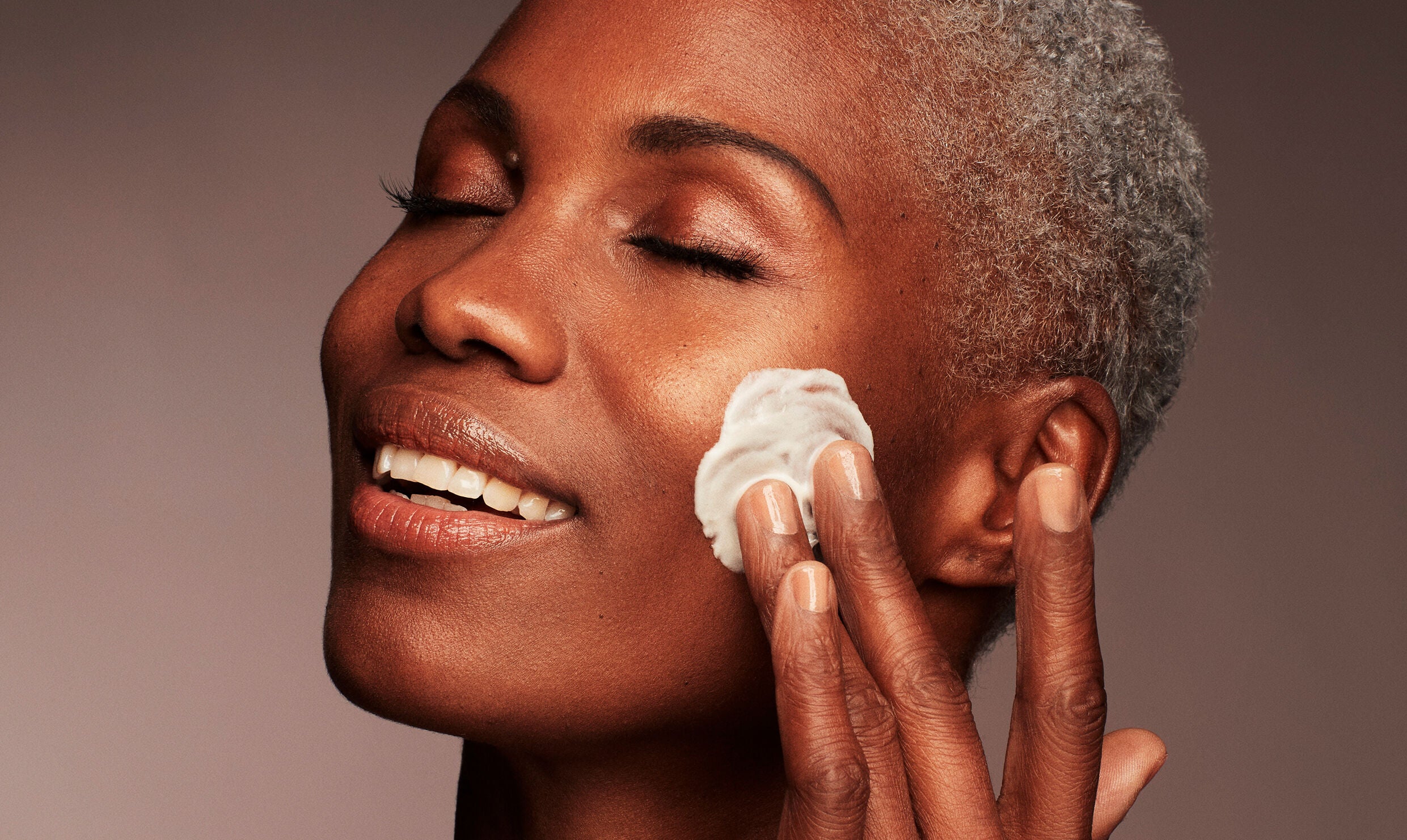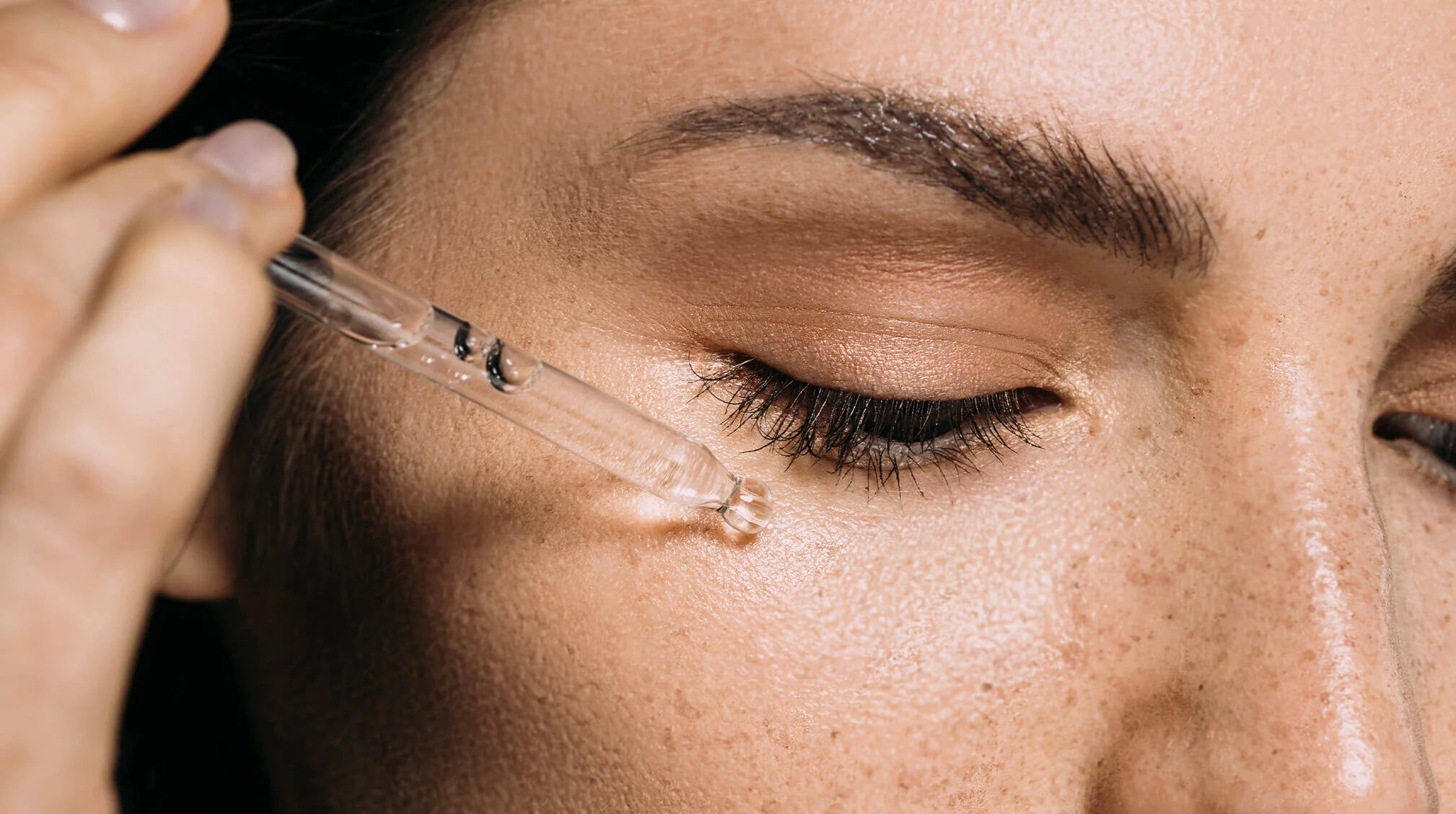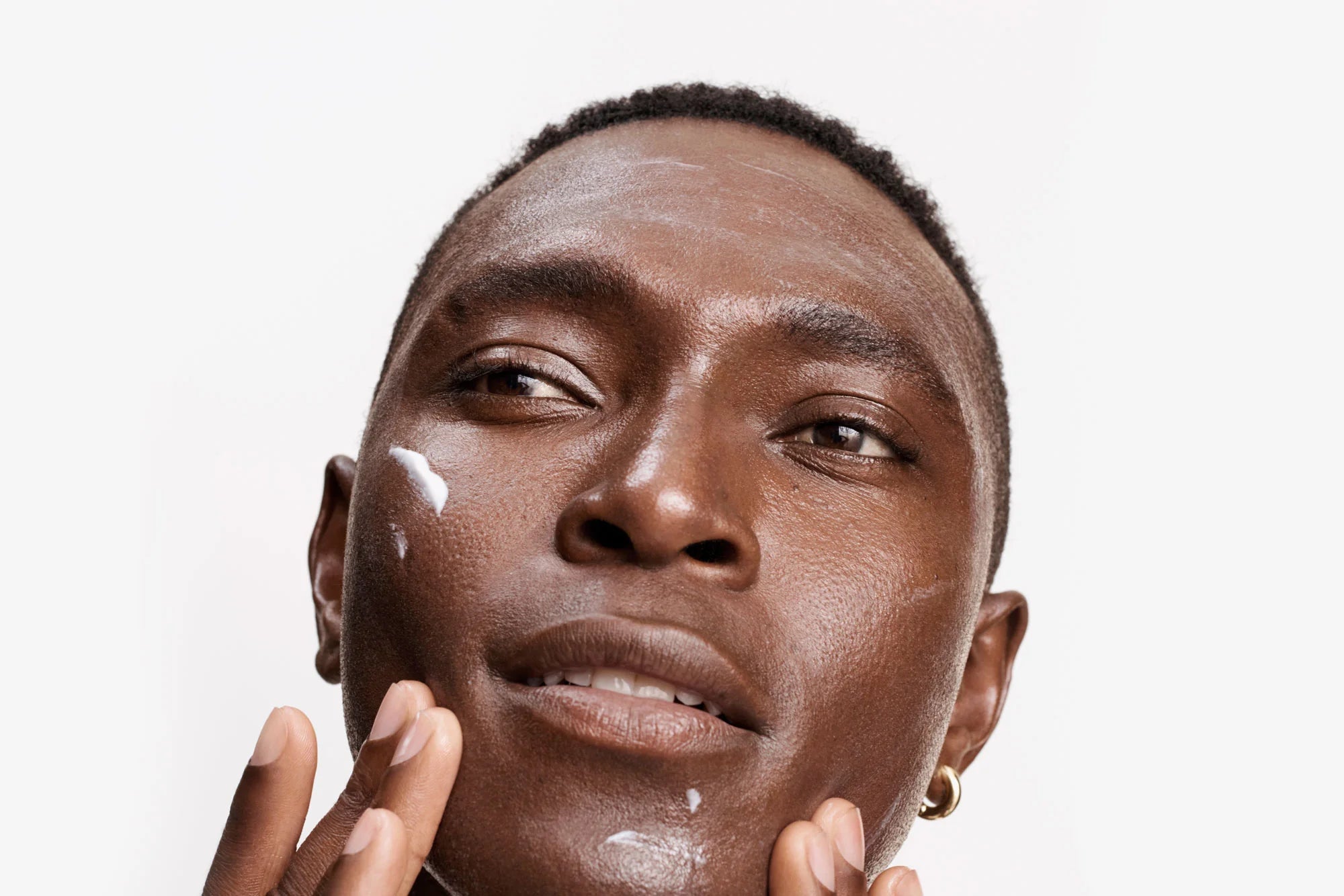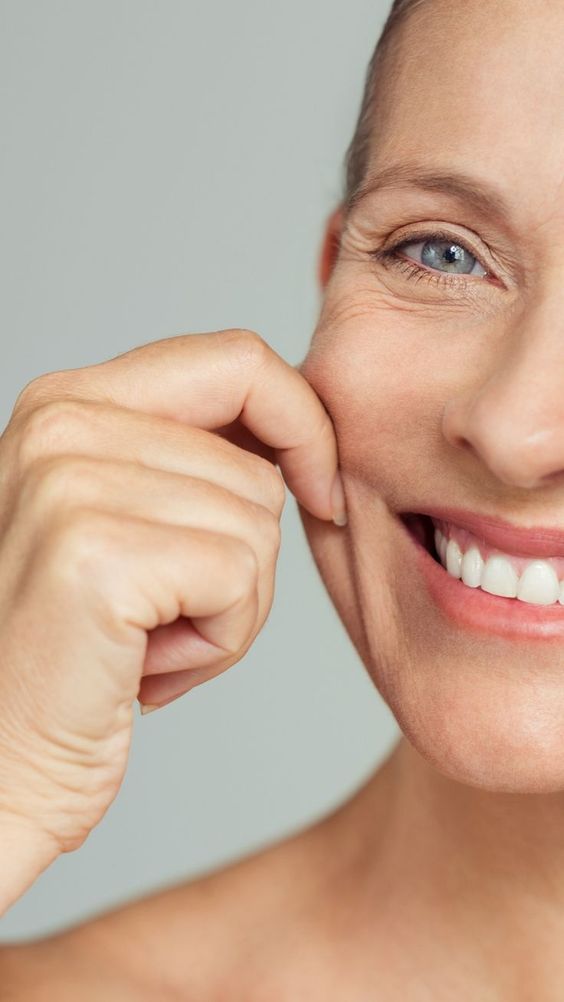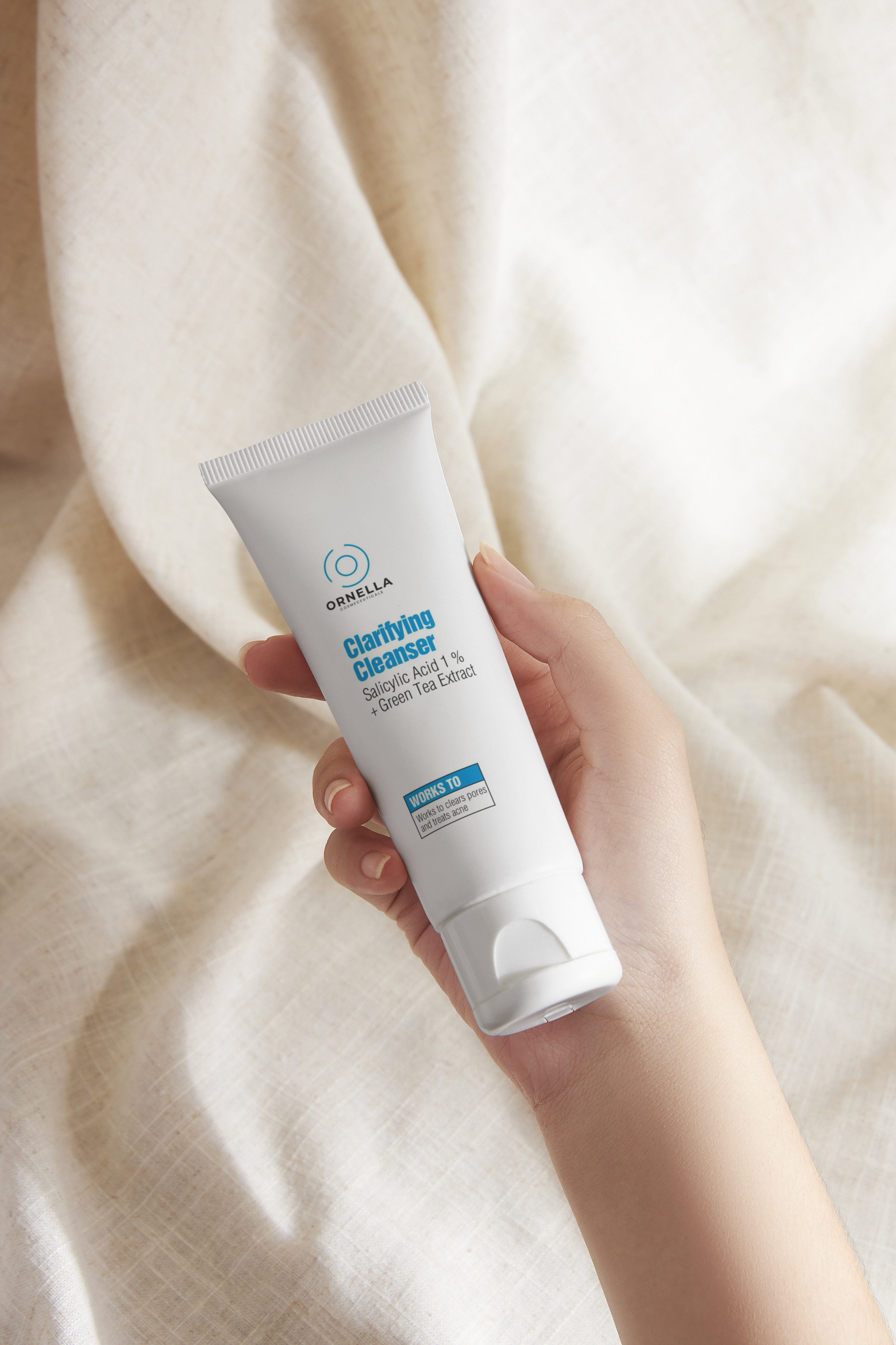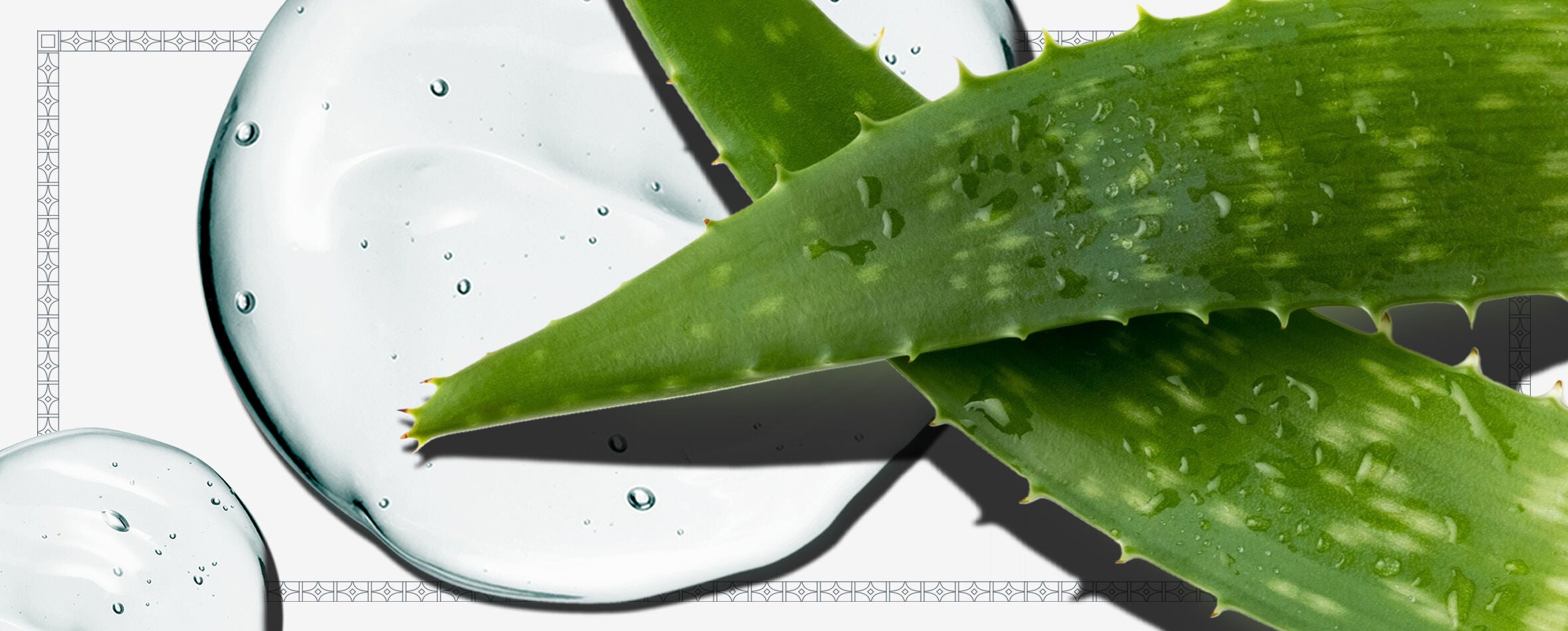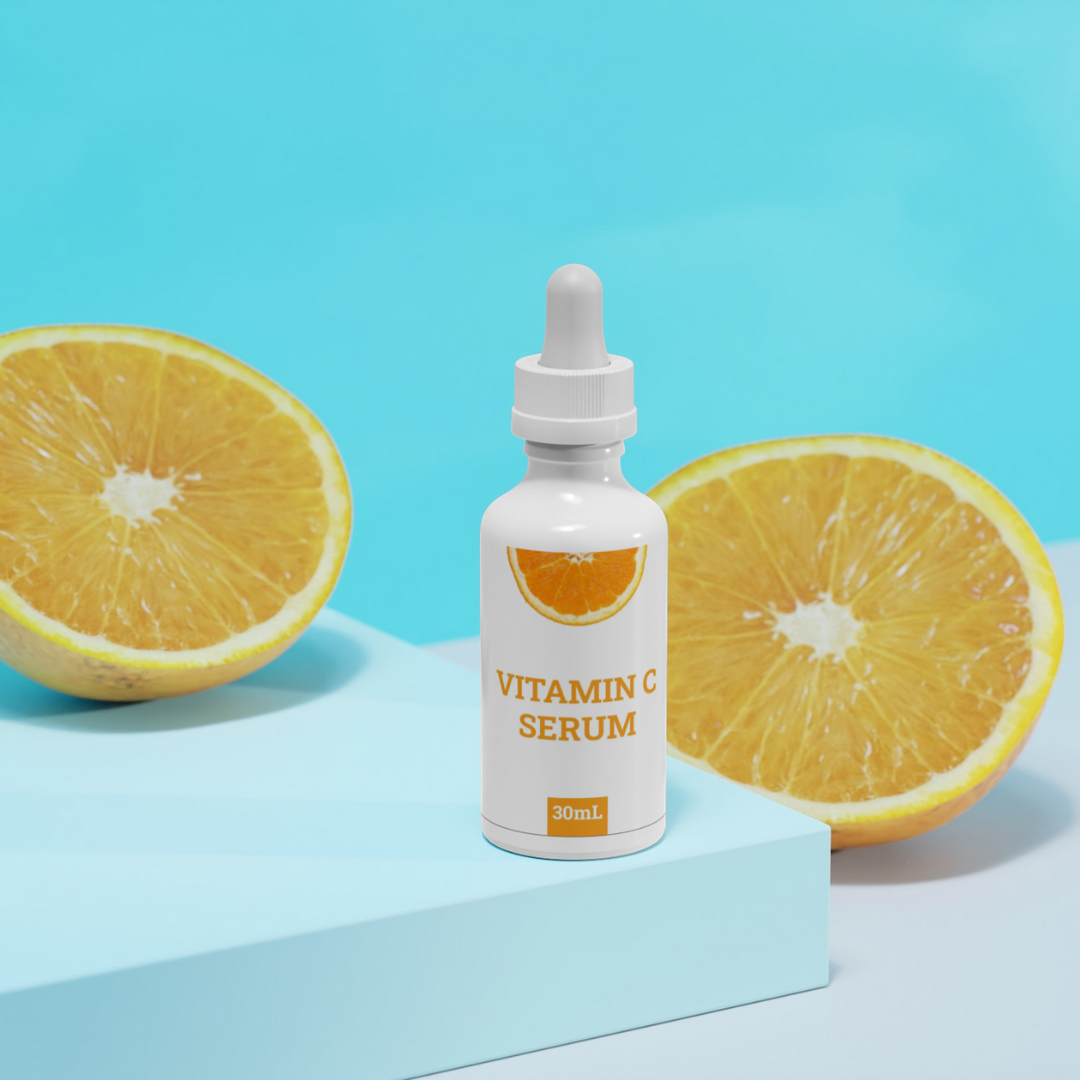
What is Retinol? Here’s Everything You Need to Know
While skincare junkies agree that retinol is certainly having a moment (hence why we launched our own, celebs and dermatologists also know that this holy grail product isn’t going anywhere. But this is not your average face wash or moisturizer. The how’s, where’s, and why’s of retinol aren’t as intuitive as the other members of your skincare lineup. That’s where we come in. Read on as we break down all you need to know about the magical ingredient and how exactly to incorporate it into your routine.
What Exactly IS Retinol?
At its most fundamental level, retinol is a vitamin A derivative that’s most commonly used as an ingredient for aging skin. When retinol touches the skin, it’s converted into retinoic acid (the acid form of vitamin A) or Tretinoin, as it’s also known. Vitamin A and retinoic acid are found in many over-the-counter products, but stronger concentrations—like Retin-A—are prescribed by dermatologists.
Retinol, Retin-A, Retinoids– What Do They All Mean?
Typically, you’ll see the titles “Retinol”, “Retin-A”, and “Retinoid” when looking into retinol-based products, but all of them work a little bit differently and take on different active forms on the skin. On a biochemical level, both retinoids and retinol do the same type of work to reverse signs of aging, dark spots, and acne, as they both belong to the retinoic acid family. The difference, however, is in the amount of retinoic acid each product contains (basically, how potent it is). Retinyl Palmitate, Retinaldehyde, Retinol and Tazarotene are some examples of retinoids you will find over-the-counter or through your derm.
If you’re still feeling iffy about retinols, be on the lookout for products that use encapsulated retinol or are plant-basedlike ORNELLA'S RETINOL + PEPTIDE NIGHT CREAM. These forms of retinol encourage speedy cell turnover and stimulate collagen production without the harsh side effects that often come with traditional retinol.
What Does It Do?
Retinols are typically added to creams, gels, or serums to decrease the appearance of wrinkles, fade brown spots left over from sun damage and discoloration, help heal pesky breakouts, reduce the size of enlarged pores, enhance collagen production, and create a clear, even-textured complexion. Up til your mid-20’s, your skin cells regenerate on their own roughly every 28 days, but once you hit your 30’s that regeneration process takes much longer (thanks, aging!) resulting in drier, duller, wrinkled skin. Thankfully, retinols have come to the rescue!

Need-to-Know Tips:
- Don’t forget sunscreen! Retinol—even the OTC options—can be strong, especially if you’re a first time user. Topical use of vitamin A makes your skin more sensitive to the sun, so don’t use retinol unless you’re protecting your skin with sunscreen (which, let’s be honest, we should be doing anyways!) We recommend our ORNELLA VITAMIN C + PEPTIDE 24 WITH SPF30.
- Pregnant or nursing? Skip retinols for now.
- Start slow. Retinols can be drying and irritating if you use too much or if you start with a high potency retinol (that's why we designed ours to be gentle enough for sensitive skin and first-time retinol users). If you're unsure about how your skin will react, try a patch test first.
- “Is there anything I can’t use it with?” While it’s perfectly safe, retinol and benzoyl peroxide counteract each other. We recommend using one in the AM and the other at night.
